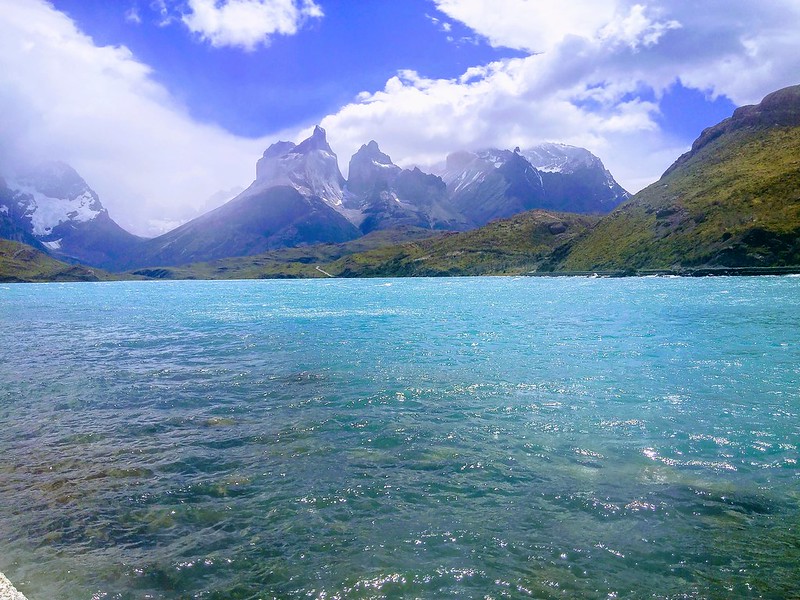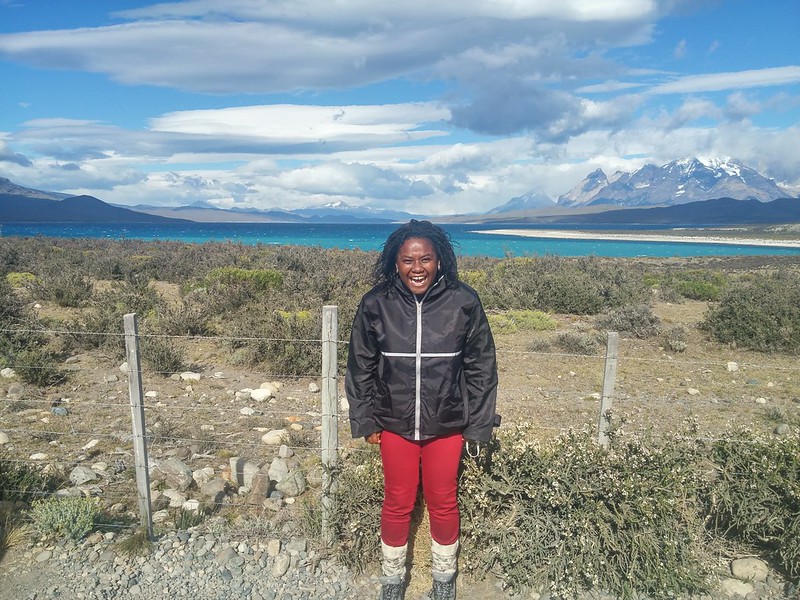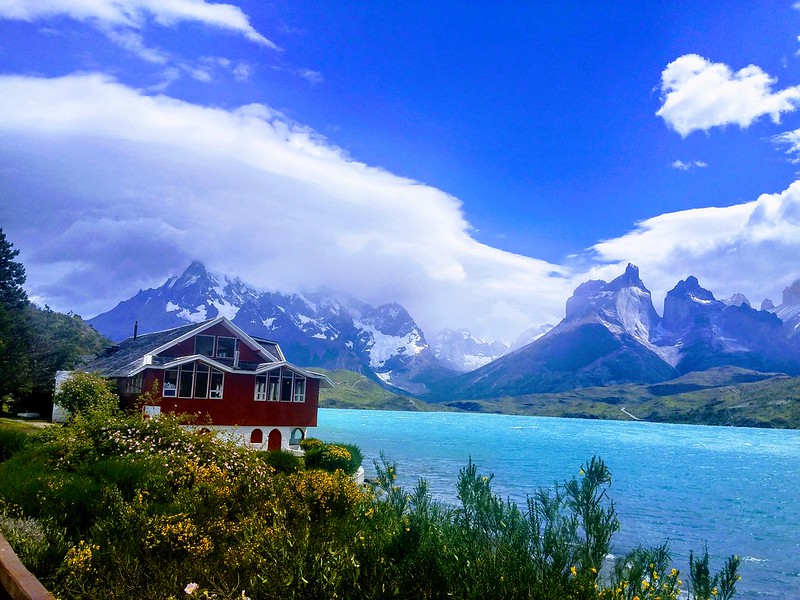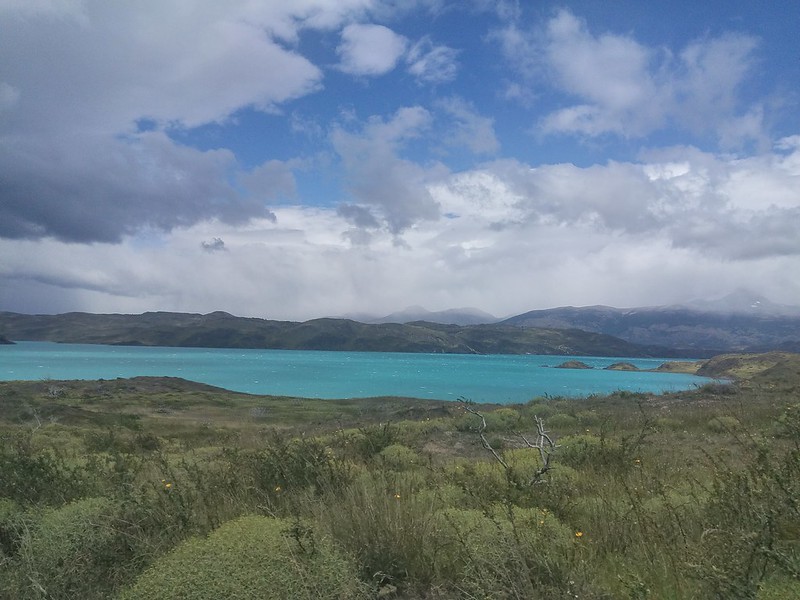My hair looks different, my backpack is always open, and I have a medium brown complexion. I'm sun-kissed. I am kissed by the sun. Now, if you live in Boston or in Medford, where I go to Tufts, and you saw me walking down the street, you'd probably make nothing of it.
I was waiting for the ferry from Montevideo to Buenos Aires with my friends a few weeks ago. A long way from Boston. I was charging my phone when a kid walked up to me and asked in Spanish "Why are you brown?"
"You're brown all over. You look like soil."
"I know. It's my skin!" I tried to sound excited, but I was exhausted.
"It's a race. She just looks brown," his brother shyly tried to explain to him while signaling him to sit down.
The kid was about 4 years old. And you really cannot get mad at a four year old because he most likely truly never met someone who "looked like soil" before.
I just slowly walked away and went to sit with my friends.
I was physically exhausted but I could tell that this would eventually be an emotionally taxing trip.

I went on the ferry and talked to my friends, who are amazing and would never even dream of making me feel uncomfortable about my melanin-rich complexion, about how this was mostly shocking. I mean, how do you explain being black to a four year old? Do you smile while doing it? Do you blame the parents? Do you let the four year old see you cry?
I think that's the most shocking thing I am still learning about new countries and cultures - a lot of people have never seen black people before. Cultures are so homogeneous that you can very well grow up, live life, and die without knowing that the rest of the world might look nothing like you.
We dress differently. We look differently. We eat differently. Well, we are...differently. And that's ok.
Now, I don’t have all (or any) of the answers, and we have an extremely long and turbulent road ahead regarding race and ethnicity, and I am not going on an outcry to get every 4 year old plane tickets to the other side of the world where they can learn to speak a different language and live a life distinct from their own. But there are so many simpler ways to start having that conversation. About race. About color. About diversity. About mutual respect.

So I got on the ferry with my friends and didn't even need motion sickness pills. I decided it wasn't my job to teach that kid about black people. And you know what? Our trip to Buenos Aires went great! I ate too much, laughed too much, and never wanted to leave. Uruguay is beautiful and I was fortunate enough to have a great few days with my friends after a semester abroad. I loved the atmosphere and the culture there. And that's the essential insight about traveling and being exposed to new cultures: it is a grab bag. You get to decide which parts of the culture you want to keep and which parts you don't.

I don’t know that I would have done anything differently. I know that I felt cold when he compared me to soil. I know that I felt lonely and out of place. Getting on a plane and bringing our complete selves to a new country is always enthralling to me. It’s incredible how many things we carry with us on that plane. Our ethnicity. Our dreams. Our hopes. And yes, our fears. And in turn, we get to take intangible things back. And isn’t that one of the bravest and richest parts of life, to admit that we care so much about sharing our stories with others that we are willing to forgo our fears and still look on the bright side?

“Well, for one thing, the culture we have does not make people feel good about themselves. We're teaching the wrong things. And you have to be strong enough to say if the culture doesn't work, don't buy it. Create your own. Most people can't do it.”
― Mitch Albom, Tuesdays with Morrie
Stephane Alexandre is the Intercultural Immersion Editor for Wandering Educators. A Tufts University graduate, she just returned from studying abroad in Chile.
All photos courtesy and copyright Stephane Alexandre
